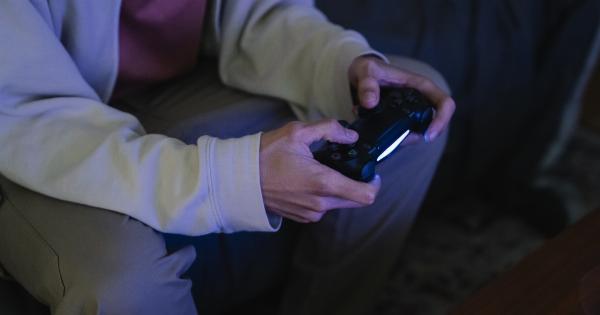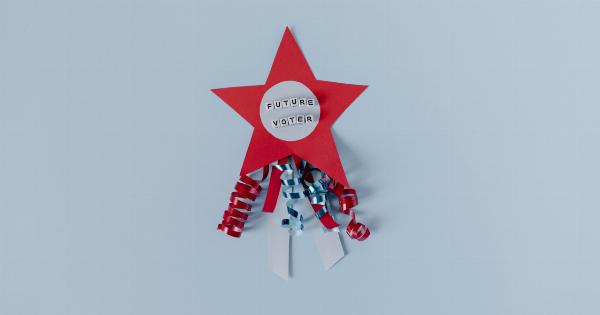In today’s world, consumers are constantly bombarded with advertisements and offers to acquire products or services for free.
While this can be a great way to save money and try new things, some individuals resort to misrepresenting the truth to take advantage of these opportunities. One example of this is the practice of misrepresenting personal circumstances or affiliations to acquire free plastic products.
The allure of free plastic
Plastic is an incredibly versatile material that is widely used in the manufacturing of various products. From household items, such as containers and utensils, to industrial components, plastic plays a significant role in our daily lives.
Given its widespread use and practicality, it is no surprise that consumers are often enticed by the offer of free plastic products.
Companies looking to promote their plastic products often run giveaways or offer free samples to potential customers. These offers can be found online, in-store, or through various marketing campaigns.
For many consumers, the attraction of acquiring free plastic products can be irresistible.
The ethical dilemma of misrepresentation
While the desire to acquire something for free is understandable, the act of misrepresenting the truth to gain access to these offers raises ethical concerns.
Misrepresentation involves deliberately providing misleading or false information to deceive others for personal gain.
When it comes to acquiring free plastic products, individuals may misrepresent their personal circumstances, affiliations, or even identities to appear more eligible for these offers.
This can include fabricating stories about financial hardships, posing as influencers or industry professionals, or falsely claiming affiliations with charities or nonprofit organizations.
The consequences of dishonesty
Misrepresenting the truth to acquire free plastic not only compromises one’s integrity, but it can also have negative consequences for both individuals and society as a whole.
1. Diminished trustworthiness: Engaging in dishonest practices erodes trust—trust between individuals, trust between consumers and companies, as well as trust in the broader societal fabric.
Once trust is lost, it can be difficult to rebuild, leading to strained relationships and decreased confidence in future opportunities to acquire free plastic.
2. Limited resources for genuine beneficiaries: When individuals misrepresent the truth to acquire free plastic products, they divert these resources away from individuals who may genuinely need or benefit from them.
By deceiving companies into providing free products based on fictitious circumstances, those who are truly in need or deserving of assistance may miss out on valuable opportunities.
3. Damage to company reputation: Companies that offer free plastic products as part of their marketing strategies rely on the goodwill generated through these initiatives.
By misrepresenting the truth to exploit these opportunities, individuals tarnish the reputation of companies and damage their efforts to genuinely engage with consumers.
4. Legal implications: While misrepresenting the truth to acquire free plastic may seem like a relatively minor offense, it can have legal implications.
Depending on the jurisdiction, such actions may be considered fraud or false advertising, carrying potential fines or even criminal charges.
The importance of transparency
In order to address the issue of misrepresenting the truth to acquire free plastic, transparency and integrity must be championed as essential values for both individuals and companies.
Building a culture that promotes honesty and responsibility is crucial in preventing the moral and societal decay caused by dishonest practices.
Companies can contribute to this culture by ensuring that their marketing strategies are designed to reach genuine consumers who are likely to benefit from their products.
Implementing verification processes or vetting potential recipients of free plastic can help reduce the risk of exploitation.
Consumers, on the other hand, should remember that honesty is always the best policy. Acquiring free plastic should not come at the expense of misrepresenting one’s truth or compromising one’s integrity.
By refraining from engaging in deceptive practices, individuals uphold their dignity and foster a more trustworthy society.
Conclusion
Misrepresenting the truth to acquire free plastic may seem like a harmless act, but its consequences can be far-reaching. It erodes trust, diverts resources from genuine beneficiaries, damages company reputations, and may even have legal implications.
Emphasizing transparency and integrity is crucial in building a society where acquiring free products is based on genuine need and eligibility, rather than deception.






























